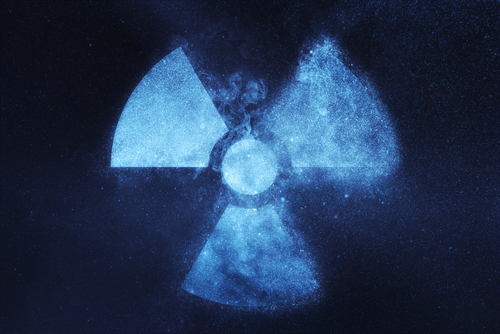
The Biomedical Advanced Research and Development Authority (BARDA) is expanding a contract with Chrysalis BioTherapeutics, Inc. to pursue the development of TP508, or Chrysalin, a peptide with the potential to counteract injuries resulting from extreme radiation exposure.
Radiation exposure can cause acute and delayed effects on the body, including damage to blood vessels that comprise the circulatory system, provoking inflammation, excessive bleeding or clotting, sepsis, and multi-organ failure. Chrysalin could counter this by activating stem cells and stimulation of endothelial cells, thereby restoring vascular function. It could also help reduce inflammation, boost DNA repair, and prevent coagulopathies through nitric oxide signaling.
Chrysalis, established in 2012, will conduct safety studies and other activities required to request emergency use authorization from the U.S. Food and Drug Administration. It will also pursue approval under the FDA Animal Rule.
The parties clearly have nuclear events in mind with the product, reducing overall injury, illness, death, and delayed consequences caused by exposure. This is one of several pioneering efforts Chrysalis is undertaking involving natural regenerative peptides to restore vascular function and activate normal stem cell populations. Such peptides are amino acids that make up proteins in the body, and in the case of Chrysalin, it was derived from the larger thrombin protein released at the point of injury.

